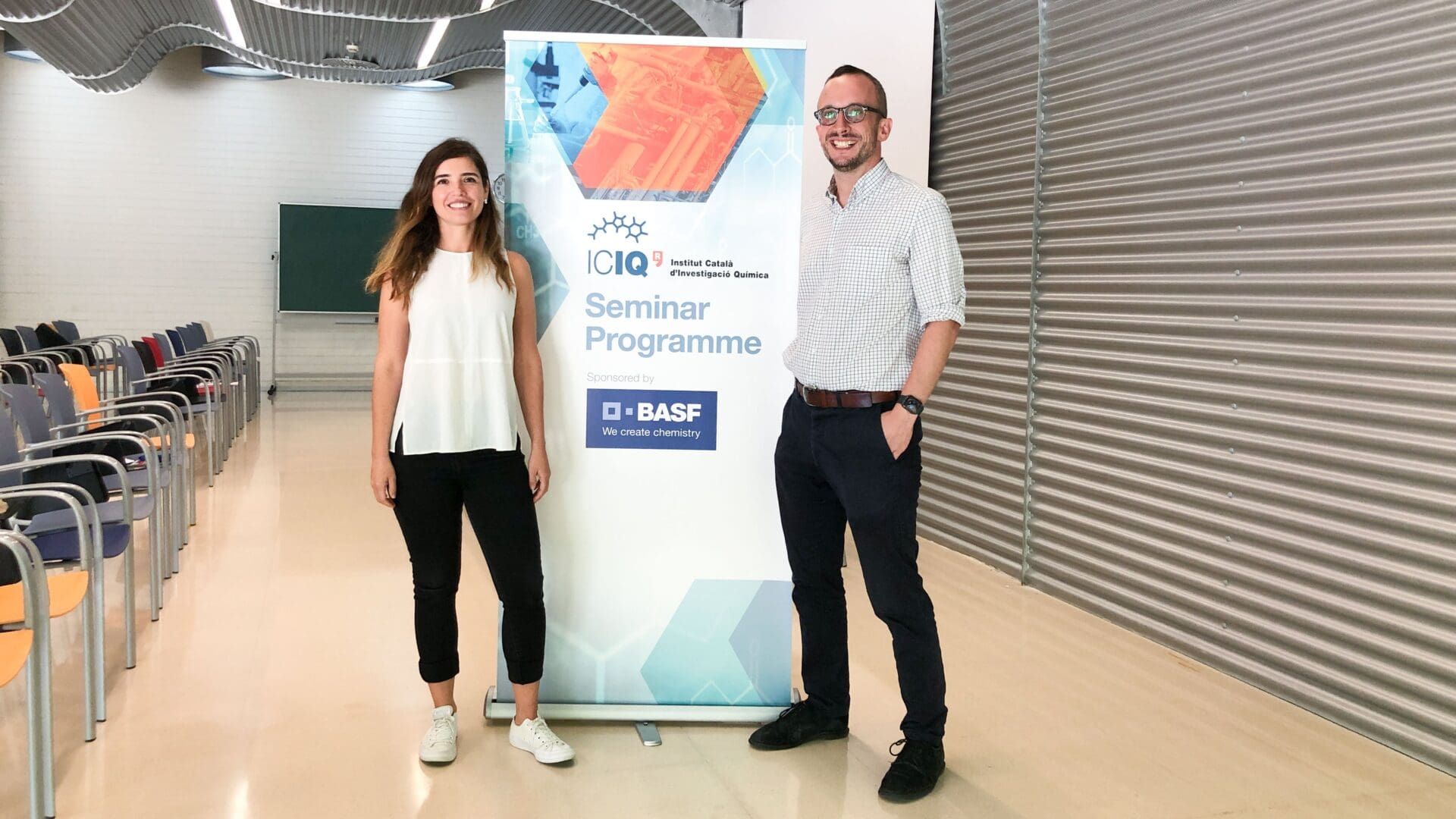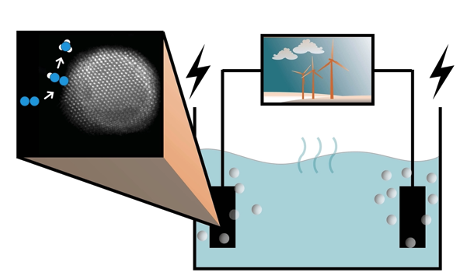
 02/09/2022
02/09/2022
 12:00
12:00
- Lecturer: Dr. Ifan E. L. Stephens
- University: Faculty of Engineering, Department of Materials, Imperial College London (England)
Common challenges in electrochemistry: from the production of green hydrogen and ammonia to batteriesn and back
Electrochemistry will play a pivotal role in our transition away from fossil fuels to a net zero society. While batteries and fuel cells are set to decarbonise transportation, electrolysers can enable the sustainable synthesis of our most coveted chemicals, such as H2 and NH3. It turns out that some of the reactions that we aim to accelerate in water electrolysis, such as H2 evolution, are exactly the reactions that we wish to inhibit in Li ion batteries and during N2 reduction. To that end, in our group we translate techniques and insight from electrosynthesis to battery science and vice versa.
I will present our mechanistic studies on the electrocatalysis of (i) O2 evolution for water electrolysis on iridium based and nickel based oxides and (ii) N2 reduction to NH3 on Li-based electrodes in organic electrolytes. (iii) parasitic gas evolution in Li ion batteries.
Our studies incorporate electrochemical measurements, electrochemical mass spectrometry, operando optical spectroscopy, secondary ion mass spectrometry, x-ray photoelectron spectroscopy and density functional theory; using the combination of these techniques, we build a holistic picture of the factors controlling these technologically critical reactions.
Other events

Let's create a brighter future
Join our team to work with renowned researchers, tackle groundbreaking
projects and contribute to meaningful scientific advancements




















